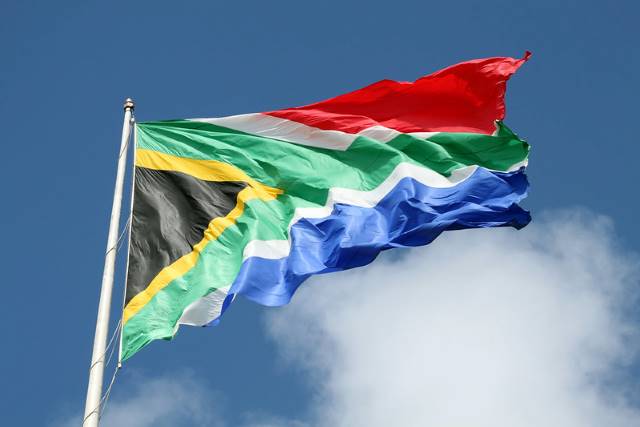Looting in South Africa Exacerbates Poverty


Origins of the Riots
Jacob Zuma was arrested on July 7, 2021, after refusing to testify in court on alleged corruption in the African National Congress. The former president led the country from 2009 until his resignation in 2018 under the pressure of corruption allegations. The African National Congress (ANC) has been in power every year since the election of Nelson Mandela in 1994. However, the political party’s support waned over the last two decades. The response to Zuma’s arrest reveals the factionalization within the ANC as well as the amount of support the former president still commands. Current President Cyril Ramaphosa made the decision to send in the military to quell the riots after the South African Police Services struggled to do so.
Rioting Exacerbates Poverty
The end of apartheid did not usher in an era of equality in South Africa. South Africa consistently ranked as one of the most unequal countries in the 21st century, with a Gini coefficient of 0.63 in 2015. According to the World Bank, “High inequality is perpetuated by a legacy of exclusion and the nature of economic growth, which is not pro-poor and does not generate sufficient jobs.” The recent looting in South Africa highlights the desperation that many impoverished South Africans face and the zero-sum nature of inequality’s violent outcomes.
The rioting disrupted supply chains and caused food and fuel shortages that hurt impoverished South Africans. Distributors and suppliers halted operations in fear of the violence, destruction and theft arising from the riots. Many supermarkets and grocery stores were emptied by looters, forcing stores to close their doors and leaving many South Africans without a source of food. In some suburbs, no stores were operational at all.
Even the South African National Blood Services facility was not spared as looters ransacked the Queensmead Mall center on live television. The riots forced a number of facilities in the Kwazulu-Natal province to close, impacting the “movement of blood and samples to SANBS processing and testing facilities, among other functions of the blood bank.”
Looters went as far as ransacking humanitarian aid organizations such as Food Forward SA. The organization, which provides food aid to vulnerable South Africans, had to temporarily close, leaving 125,000 vulnerable people without food. Still reeling from the impacts of the COVID-19 pandemic, the South African economy now faces another setback due to the recent political riots.
The Future of South African Civic Society
Like many countries around the world, the COVID-19 pandemic accentuated South Africa’s social cleavages. As a country with an apartheid history, racial and ethnic tensions were also apparent in the riots and looting. Community militias, private security contractors and even citizens themselves have taken up arms against the looters to protect their lives, businesses and property.
While the recent riots display the instability of South Africa, the unrest has also highlighted the humanity still present. The riots, lasting roughly a week, have since died down. South Africans of all backgrounds have been working around the clock to clean up the streets and repair the destruction caused by the riots. Activists have taken to social media to organize volunteers to repair communities and heal South African civic society. The hashtag #CleanUpSA has gained traction on Twitter as the country comes together to rebuild in the wake of violence.
Organizations such as Gift of the Givers are working to provide food parcels to areas impacted by food shortages. Give of the Givers also provided food packages to health workers so that they “could concentrate on their patients and not stand in long queues to access groceries.”
With reparation and restoration efforts underway, South Africans stand as a united front to recover and rebuild in the aftermath of the riots and looting in South Africa.
– Will Pease
Photo: Flickr
